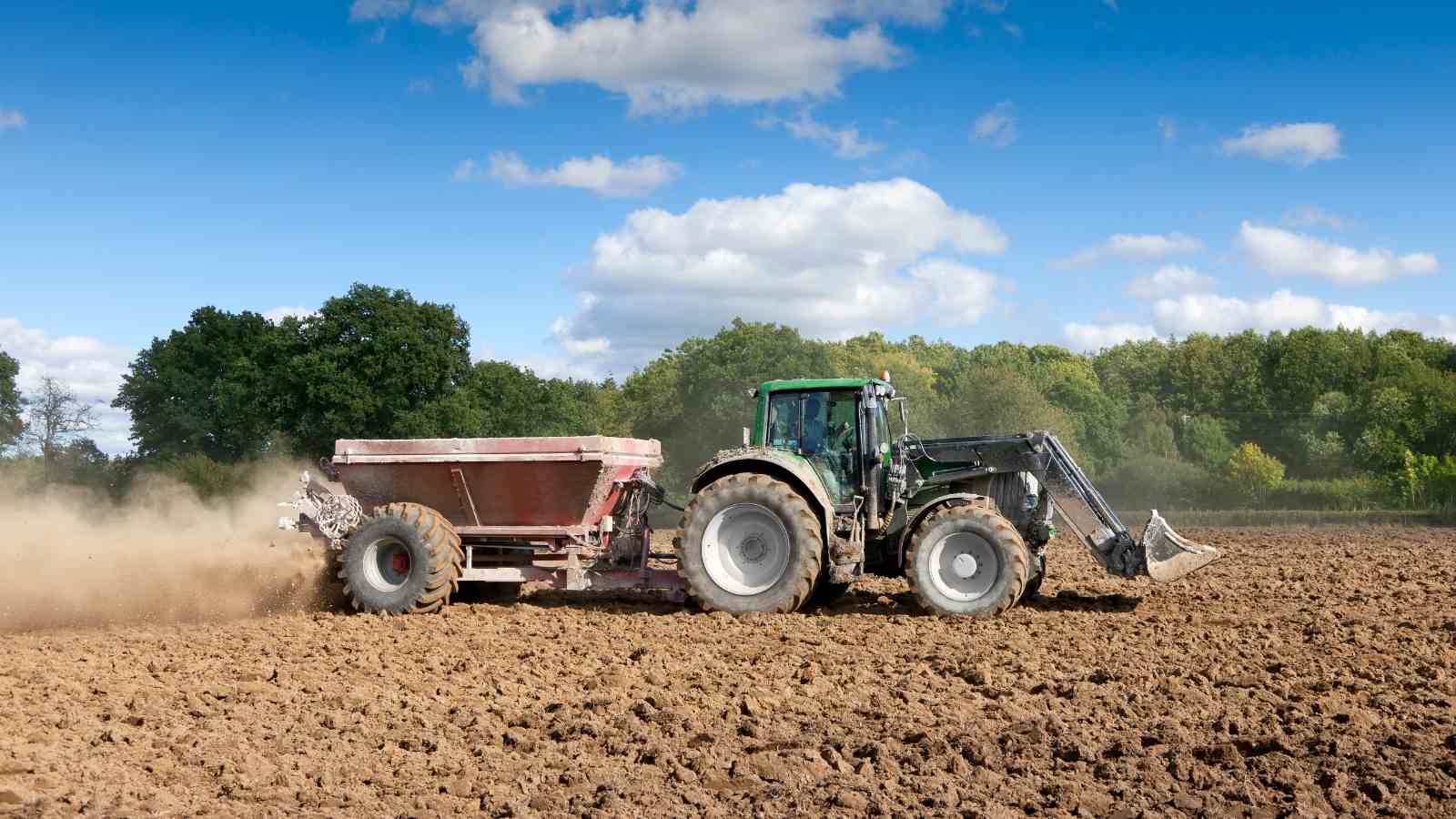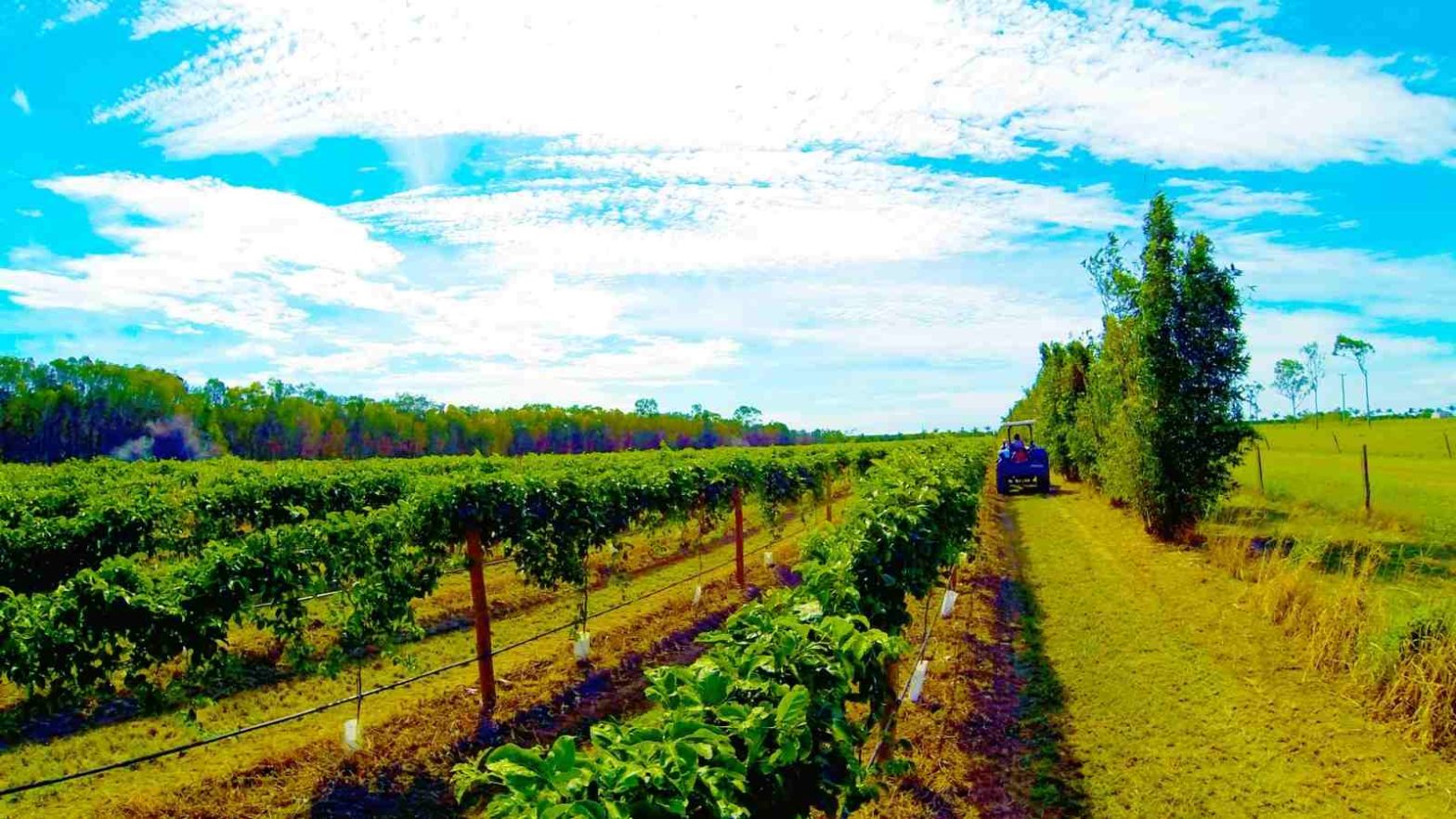The agriculture has been an increasingly labour intensive process of raising crops. Over the years, to cater to the escalating numbers of people on the earth, the need to grow more crops has also inadvertently increased by an enormous way. To meet the rising needs, the farmers are being asked to use better types of seeds which are resistant to weather and in the same time also to the diseases.
The farmers have tried to introduce more and more genetically modified seeds and grafts to help the production of the field. Indeed! Over the years, the massive increase in the crop production has been increased by these means but they have also increased with the help of the best manure and various types of fertilizers. It is very vital and equally difficult to choose the best quality of fertilisers. The fertilisers ought to be very effective and at the same time should be organic. The popularity of the organic fertilisers has increased a lot due to their biodegradable nature that easily seeps into the soil and thereby, gets easily absorbed by the plants.
![]()
The organic fertilisers all the more do not damage the soil by causing leaching. However, the farmers ought to understand that the organic fertilisers though extremely effective in the long run yet they do not help in producing a lot at the beginning years. To produce more and more in the initial years, the farmers should procure the chemical fertilisers which help in easy growth. The chemical ones being costly ought to be used in little proportions so as to make efficient use in the long term in the farming process. Here in, with greater detail, we have to listed out the way by which the farmers can easily elevate the productivity of the fields by simple fertilisation tracking.
The farmers tend to make use simple fertilisation tracking
How much should the fertilisers be used in the field?
Simply by applying piles of fertilisers, the crops will not grow as desired or as required by the market. The crops have an optimum level of fertiliser requirement. To understand the actual need of the plants, the farmers should consider doing regular soil checks. With the regular soil testing, the deficiencies will be easily found out then the farmers can infuse the required amount of the necessary nutrients.
It is important to note the macro nutrients and the micro nutrients as well and accordingly, the farmers ought to procure the necessary amount of the fertilisers. Too much or too little of the fertilisers can yield adverse effects on the plants. To bring upon a balanced application of the fertilisers, the farmers ought to use the fertiliser sprayers to simply sprinkle the fertilisers very uniformly all over the fields. Next up, it is important that the machines which are used to spray the fertilisers, can be mixed with water to spray all across the farm.

While the farmers use these machines, they ought to be careful enough to spray them well on the roots. Excess water dissolved fertilisers being sprayed on the leaves can lead to the growth and the extensive spread of fungus. All the more, with the excess piling of the fertilisers at the roots can in turn deposit more salts. This heavy layer of the salt can lead to the clogging of the soil and the roots which may cause in the untimely death of the crops. The fertilisers hence ought to be used only in the moderate portions. All the more, the farmers should pre plan these fertiliser inputs in accordance the previously mentioned soil testing factors.
How to make way for steady maintenance of the fertilisers at the fields?
Firstly, the fertilisers ought not be chemical until and unless heavy production is required in the most sudden times. The organic fertilisers can be prepared from the cow dung, horse dung or chicken dung and also with the remains of the prior crop harvest. Such fertilisers will definitely enrich the soil in a deeper manner and will make the crops better and way sturdier than before. In turn, by using the organic fertilisers, the farmers can cut down a heavy expense which otherwise could have been used in the procuring of the chemical fertilisers. It is important that the farmers ought to maintain a steady and a regular gap between the two applications of the fertiliser doses.
Conclusion
It is extremely vital that the farmers make a thorough check not only of the soil but also of the fertilisers before using them. Hopefully, in years to come, the farmers will be able to keep a better track on the utilisation of the fertilisers.

